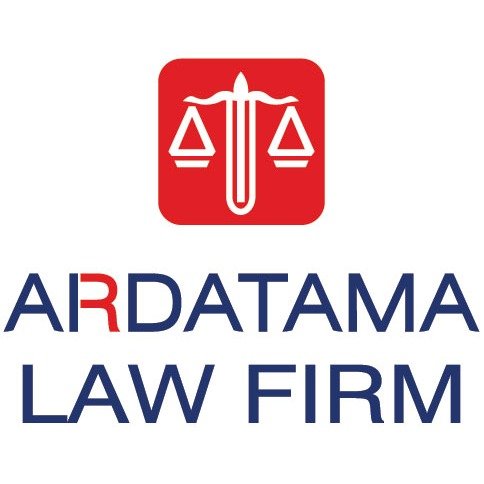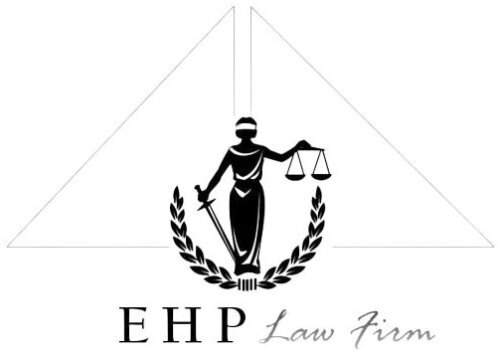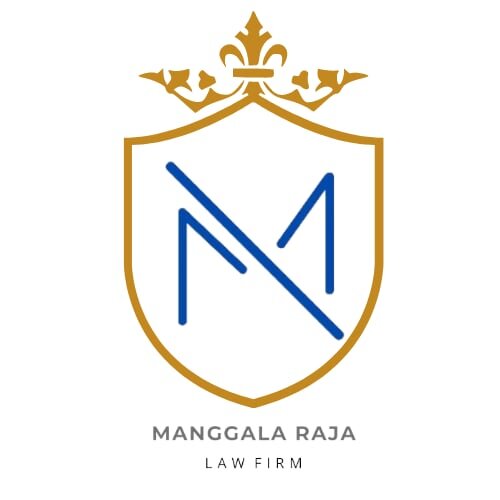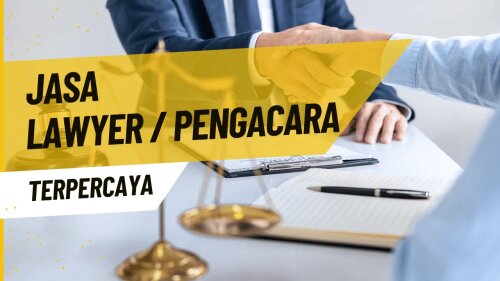Best Mining Law Lawyers in Jakarta
Share your needs with us, get contacted by law firms.
Free. Takes 2 min.
List of the best lawyers in Jakarta, Indonesia
About Mining Law in Jakarta, Indonesia
Mining Law in Jakarta, Indonesia, forms a crucial foundation for the management and operation of the country’s rich mineral resources. Indonesia is recognized as one of the world’s leading producers of mineral and coal commodities. The legal framework governing the mining sector aims to balance economic development, environmental sustainability, and community interests.
Primarily regulated by the Mining Law No. 4 of 2009 (as amended by Law No. 3 of 2020), local regulations, and various government and ministerial decrees, mining law oversees all aspects of mining operations from exploration and extraction to environmental management and post-mining activities. Operating within Jakarta typically involves compliance with both national policies and specific regional requirements.
Why You May Need a Lawyer
Mining activities in Indonesia are subject to complex regulations, licensing processes, and regular government oversight. Here are common scenarios where a lawyer’s assistance can be invaluable:
- Securing mining licenses and permits for exploration or production
- Navigating regulatory compliance, including reporting and environmental obligations
- Negotiating and drafting contracts with government entities or joint venture partners
- Managing disputes relating to land rights, environmental issues, or contract terms
- Responding to government investigations or enforcement actions
- Understanding tax obligations, royalties, and export requirements for minerals
- Acquiring or merging mining operations
Given the high value and potential risks of mining projects, qualified legal guidance can safeguard your interests and ensure operational continuity.
Local Laws Overview
Mining Law in Jakarta is primarily based on Indonesian national laws but must be interpreted in the local regulatory context. Relevant aspects include:
- Licensing System: Mining activities require various permits such as the Mining Business License (IUP), Special Mining Business License (IUPK), and Smallholder Mining License (IPR), depending on the scale and type of mineral resources.
- Environmental Compliance: Mining companies must submit Environmental Impact Assessments (AMDAL) and obtain environmental permits before commencing operations.
- Foreign Investment Rules: Foreign parties can participate, but are subject to investment and ownership limitations and may need to partner with local entities.
- Land Use and Community Rights: Securing land access often involves negotiation with landowners and adherence to regulations safeguarding community and indigenous rights.
- Royalties and Charges: Operators are obliged to pay royalties, taxes, and regional contributions based on production volumes and mineral values.
- Reporting and Compliance: Regular reporting to governmental agencies regarding production, safety, and environmental management is mandatory.
Frequently Asked Questions
What types of mining licenses are required in Indonesia?
Indonesia’s mining regulations require licenses such as the IUP (Mining Business License), IUPK (Special Mining Business License), and IPR (People’s Mining License), each tailored to specific minerals, project sizes, and applicants.
Can foreign investors own mining companies in Indonesia?
Foreign investors can participate in the mining sector, but must comply with foreign ownership limits and may need to form joint ventures with Indonesian companies depending on the specific mineral and activity.
How are mining areas allocated?
Mining areas are designated by the government following surveys and are opened for licensing either through public tenders, direct appointment, or recommendations by local authorities.
What environmental regulations apply to mining operations?
Mining operators must conduct Environmental Impact Assessments (AMDAL), obtain environmental permits, and implement environmental management and monitoring plans to minimize adverse impacts.
What taxes and royalties do mining companies have to pay?
Mining companies are subject to corporate taxes, value-added tax, land and building tax, as well as royalties based on mineral type and production volume, and other regional charges.
What are the consequences of operating without the required mining permits?
Failure to obtain and maintain valid mining permits can result in administrative sanctions, fines, suspension of operations, or even criminal prosecution.
How are community and indigenous rights protected?
Mining activities must respect the rights of local and indigenous communities through land compensation, benefit sharing, and adherence to social-environmental standards as stipulated by law.
What is the process for mine closure and reclamation?
Mining companies must submit and execute mine closure and reclamation plans approved by authorities, ensuring environmental restoration and proper post-mining land use.
Can mining rights be transferred or assigned?
Certain mining rights may be transferred or assigned with government approval, typically subject to meeting legal and regulatory requirements, including due diligence and eligibility of the assignee.
What disputes are common in Indonesia’s mining sector?
Disputes frequently arise over land access, contract terms, environmental damages, royalty payments, and regulatory compliance, often requiring negotiation, mediation, or litigation.
Additional Resources
If you need more information or regulatory guidance, consider reaching out to these resources:
- Ministry of Energy and Mineral Resources (Kementerian ESDM) - the main regulator for mining in Indonesia
- Indonesia Investment Coordinating Board (BKPM) - for licensing and investment procedures
- Directorate General of Mineral and Coal (Direktorat Jenderal Minerba) - for industry-specific regulations and data
- Jakarta Regional Environmental Agency (Dinas Lingkungan Hidup DKI Jakarta) - for environmental compliance and permits
- Indonesian Mining Association (IMA) - industry advocacy and information
- Legal Aid Organizations and Local Law Firms with a focus on mining law
Next Steps
If you are considering engaging in mining activities or facing legal challenges related to mining in Jakarta, Indonesia, it’s important to take the following steps:
- Consult with a qualified lawyer or legal consultant specializing in mining law to evaluate your specific situation
- Prepare necessary documentation, including business registrations, company statutes, and technical proposals
- Conduct due diligence on land status, regulatory requirements, and potential environmental impacts
- Engage with relevant government agencies early to ensure compliance with licensing and permit processes
- Stay informed about changes in laws or policies affecting the mining sector
Qualified legal counsel can clarify your rights, obligations, and best strategies for successful mining ventures or for resolving any legal issues you may encounter.
Lawzana helps you find the best lawyers and law firms in Jakarta through a curated and pre-screened list of qualified legal professionals. Our platform offers rankings and detailed profiles of attorneys and law firms, allowing you to compare based on practice areas, including Mining Law, experience, and client feedback.
Each profile includes a description of the firm's areas of practice, client reviews, team members and partners, year of establishment, spoken languages, office locations, contact information, social media presence, and any published articles or resources. Most firms on our platform speak English and are experienced in both local and international legal matters.
Get a quote from top-rated law firms in Jakarta, Indonesia — quickly, securely, and without unnecessary hassle.
Disclaimer:
The information provided on this page is for general informational purposes only and does not constitute legal advice. While we strive to ensure the accuracy and relevance of the content, legal information may change over time, and interpretations of the law can vary. You should always consult with a qualified legal professional for advice specific to your situation.
We disclaim all liability for actions taken or not taken based on the content of this page. If you believe any information is incorrect or outdated, please contact us, and we will review and update it where appropriate.
















